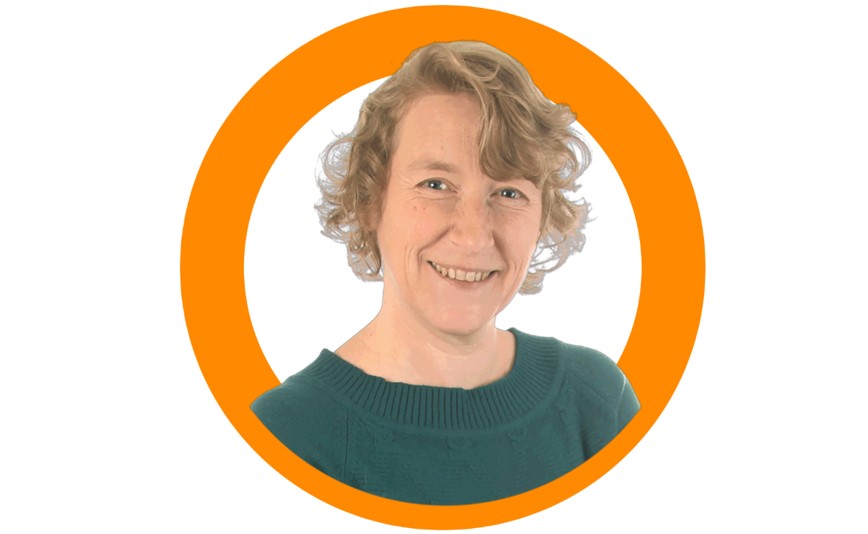
Katia van Belle, Propellor
In this insightful podcast interview, Katia van Belle, a project management and change management expert, shares her approach to using games for learning and organizational transformation.
The discussion touches on managing upwards, the complexities of project management, and the innovative use of games to engage participants in change processes. The conversation offers valuable insights into how organizations can adapt to change by addressing both the technical and human factors that drive project success.
Listen to the Podcast Here
Managing Upwards: Navigating Complex Work Relationships
The podcast begins with a conversation on managing upwards—the art of managing relationships with one's manager or supervisor, particularly when working within a team or on a project where formal authority is lacking. Katia highlights the challenges of adjusting to new tools, such as AI, in team settings and navigating feelings of discomfort or uncertainty. The discussion emphasizes how employees can still contribute meaningfully to projects and organizational goals, even if they are unsure about their role or position.
One of the key takeaways is the need for a mindset shift: understanding that you may not have formal influence, but you can still manage the dynamics of your team. This is especially relevant when introducing new tools or systems, where employees may fear being perceived as uncooperative if they voice concerns.
The Human Side of Project Management
Katia delves into project management, offering her pragmatic approach based on years of experience and certifications. While many think of project management as highly technical, Katia emphasizes that the real challenges arise from managing the human aspects of a project. She points out that many projects, especially in organizational settings, are more about introducing new methodologies or ways of working—what may seem simple on the surface often involves a change in organizational DNA.
Katia shares her use of a 10-principle framework for effective project management. These principles cover essential aspects like stakeholder engagement, collaboration, and progress tracking, helping teams address challenges before they arise. Her approach integrates structured project management with a keen awareness of the human factors that can disrupt even the best-laid plans.
Using Games for Learning and Change Management
One of the most innovative aspects of Katia’s work is her company’s use of games to facilitate learning and manage change. The games she designs are geared toward project management officers but can be applied to any team undergoing organizational transformation. The games help participants engage with challenges they are likely to face, such as resistance to new methodologies or tools. They also simulate real-world situations where change impacts not just processes but also the dynamics within a team.
Katia explains how the games are used to help participants think proactively about the potential obstacles they may face and how to navigate them. These games help create awareness and offer hands-on experience in managing complex scenarios involving people and change.
Conclusion: The Power of Pragmatism and Play
Katia van Belle brings a refreshing perspective to both project management and organizational change. By focusing on the human elements of leadership, stakeholder management, and team dynamics, she emphasizes that real success comes not just from following a technical process but from effectively engaging with the people involved. Her innovative use of games makes learning interactive and provides a safe space for participants to experiment with managing change before they face it in real life.
As Katia notes, the future of organizational development lies in recognizing the complexity of human behavior and creating structured, yet flexible, approaches to manage it. Whether through pragmatic project management principles or immersive game-based learning, her methods empower teams to handle the ever-present challenges of change with confidence.
For more on her approach, listeners are invited to visit her company’s website or connect with her directly on LinkedIn.
